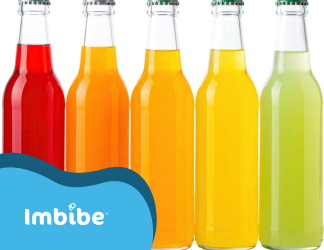 Interest in adaptogens like Ashwagandha, Rhodiola, Maca, and Holy Basil is on the rise among food and beverage formulators, but what do they do, which brands are blazing an early train, and who is buying the products?
Interest in adaptogens like Ashwagandha, Rhodiola, Maca, and Holy Basil is on the rise among food and beverage formulators, but what do they do, which brands are blazing an early train, and who is buying the products?
Adaptogens are defined as: “Non-toxic substances and especially plant extracts that are held to increase the body’s ability to resist the damaging effects of stress and promote or restore normal physiological functioning,” (Merriam-Webster). They basically allow you to adapt to the various stresses and strains that life throws at you.
The most common adaptogens are Ashwagandha, (Withania somnifera), Rhodiola rosea, Ginseng (Panax ginseng), Maca (Lepidium meyenii), Holy Basil (Ocimum sanctum), Eleuthero (Eleutherococcus senticosus), Schizandra (Schisandra chinensis), and licorice (Glycerhiza glabra), while medicinal mushrooms like Reishi (Ganoderma lucidum), Maitake (Grifola frondosa), and Shiitake (Lentinus edodes) also make the list.
“A number of niche brands are gaining mainstream attention using adaptogens,” said Ilana Orlofsky, Marketing Manager for Illinois-based Imbibe.
Read the full story on Food Navigator.



